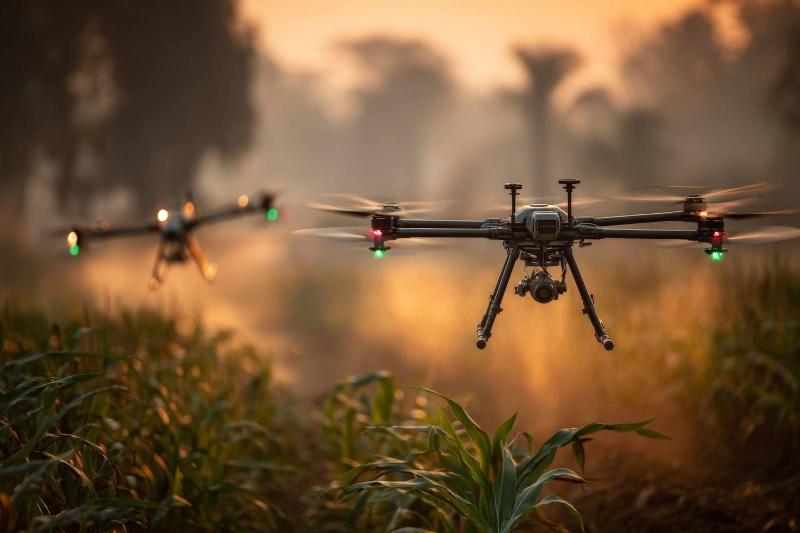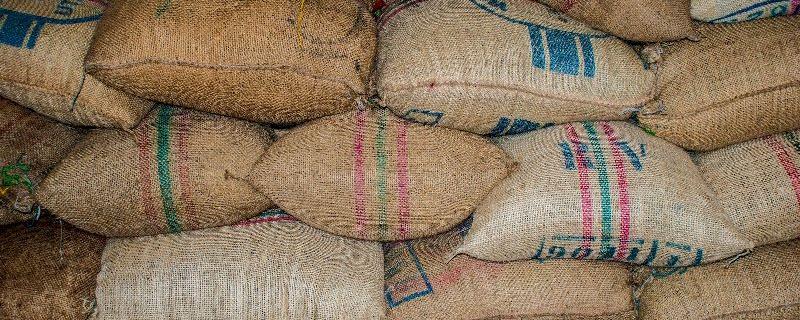Languages and scripts play a role in the way science is perceived and percolates through society.
Novel scheme by IIT Bombay researchers to control drones can enable complex formation flying using only camera data, without GPS or inter-drone communication.
Mumbai/

![[Image by Utkarsha A Singh] Does India have the resources to control the impending mental health crisis?](/sites/researchmatters/files/styles/large_front_800x320/public/mental_health_crisis_result.jpg?itok=ibFSww6y)




![A committee of vultures in a national park in India [Image credits: Chitra2016 / CC BY-SA 4.0] Despite ban, vulture-killing drug diclofenac widely sold for veterinary use in India](/sites/researchmatters/files/styles/large_front_800x320/public/vulture1_result_0.jpg?itok=YX6Dbb1K)
![[Image by Pete Linforth from Pixabay] Fertilisers, livestock and biomass burning are spewing ammonia into the air across India](/sites/researchmatters/files/styles/large_front_800x320/public/pollution-48427061.jpg?itok=FE4uwIhk)
![Black-necked cranes in Ladakh [Image credits: Dibyendu Ash, CC BY-SA 3.0, via Wikimedia Commons] A proposed dam in Arunachal Pradesh threatens Black-necked Cranes’ habitat](/sites/researchmatters/files/styles/large_front_800x320/public/are_dams_damning_black-necked_cranes_in_india_.jpg?itok=sg-X9vqG)
